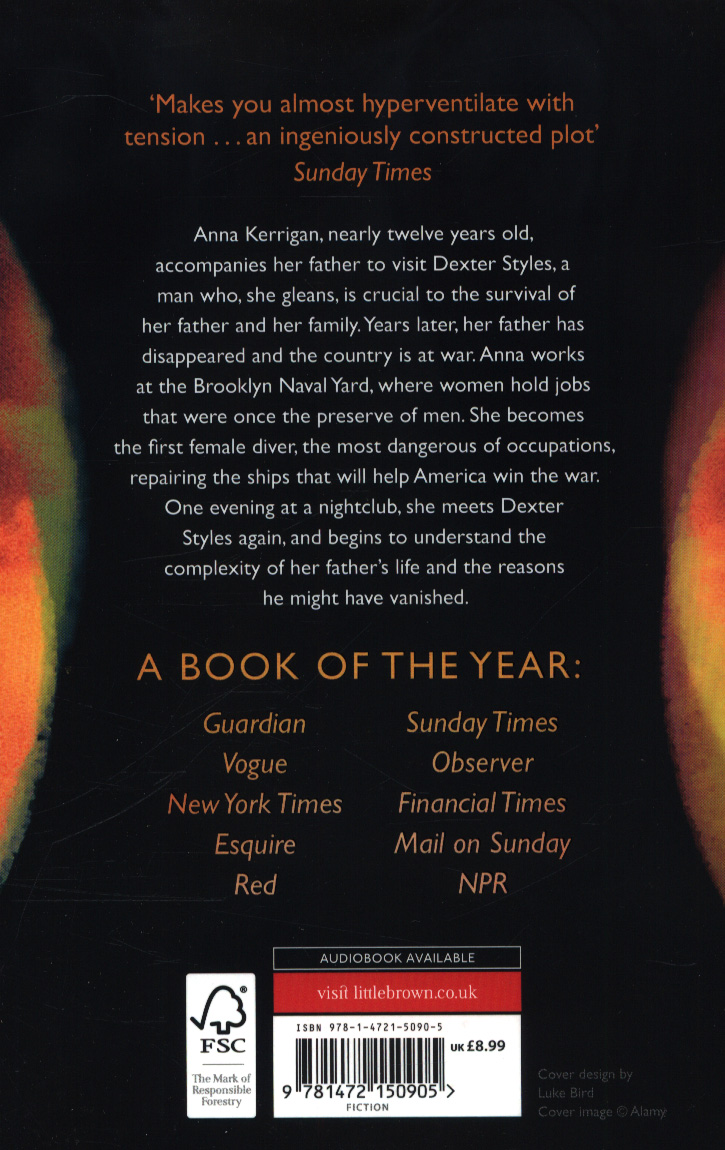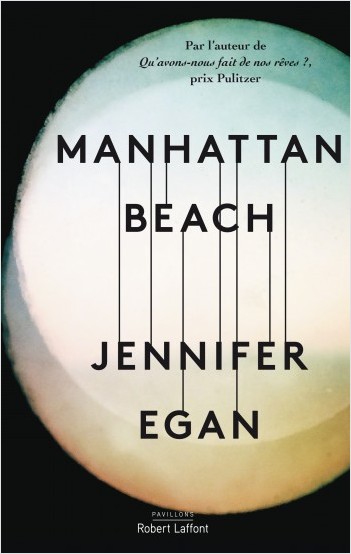


In the last chapter of “Goon Squad,” which was published in the age of the iPhone but mainly written before it came on the market, she introduced the Starfish, a touch-screen handset for children. She had little knowledge of the medium, and composed each tweet by hand in a notebook.īecause she is interested in technology, American society, and the passage of time, Egan can sometimes seem capable of predicting the future.


In 2012, Egan wrote a short story, “ Black Box,” a tightly controlled spy thriller, as a series of tweets. “The Keep” (2006), a neo-gothic fable of technology and paranoia set in an Eastern European castle, is also the story of a romance between a murderer and the instructor of his prison creative-writing class. “Goon Squad,” a Proustian meditation on rock music and lost time, hopscotched through the past, the present, and the future, switching protagonists and voices with each chapter. She’s known for her roving, unpredictable imagination, and for the dazzling ingenuity of her narrative conceits. She is a realist with a speculative bent of mind, a writer of postmodern inclinations with the instincts of an old-fashioned entertainer. “From their point of view, I’m essentially a stay-at-home mom.”Įgan, at fifty-five, is about as famous as a contemporary American literary novelist can expect to be, but it can be hard to say what kind of novelist she is. “They were so young when ‘Goon Squad’ came out that I think they somewhat regarded me as a failure,” she said. Her sons, Manu and Raoul, have grown from toddlers to teen-agers. In that time, Egan has published two other books, “ The Keep” and “ A Visit from the Goon Squad,” which won the Pulitzer Prize for fiction, in 2011. The book was “ Manhattan Beach,” Egan’s latest novel-her fifth, if you’re going by its October publication date, though it has been in progress for close to fifteen years. “I thought very, very seriously about abandoning it, because I just thought, Hell-the distance between this and something anybody is ever going to want to read is too great for me to span.” But that’s normal.” Then she wrote a second draft, and despaired. “I did one draft that was absolutely unspeakable. “The book was bad,” she told me recently. None of it helps when you find yourself back at the beginning, confronted with your own unredeemable prose, convinced, as Jennifer Egan was not so long ago, that you’ll never produce a decent chapter again. Readers may love you critics may praise you you might win a big prize. Writing four novels is no guarantee that you’ll complete a fifth.


 0 kommentar(er)
0 kommentar(er)
